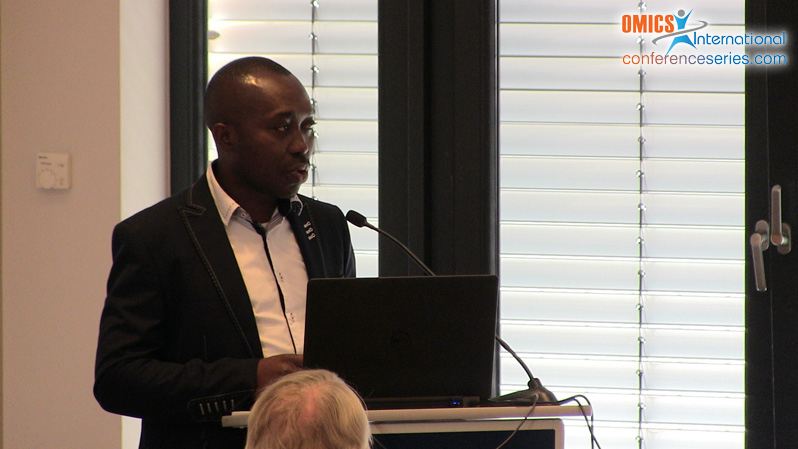
Collins N Ateba
North West University – Mafikeng Campus, South Africa
Title: Induction of Shiga toxins in Escherichia coli O157:H7 isolated from groundwater in the North West Province, South Africa intended for human consumption using ampicillin and tetracycline
Biography
Biography: Collins N Ateba
Abstract
A total of 67 isolates from groundwater were used to determine their susceptibilities against 7 antibiotics and the Multiple Antibiotic Resistance (MAR) patterns were compiled. Most isolates were resistant to amocyxillin, ampicillin, chloramphenicol and penicillin G. MAR phenotype A-AP-K-NE-OT-C-PG was dominant among isolates from Rustenburg. However, in Carltonville and Delaryville the phenotypes A-AP-C-PG and A-AP-OT-PG were obtained at 87.5% and 80%, respectively. The isolates were screened for the presence of shiga toxin genes by PCR analysis and none was positive. Moreover, when the E. coli O157:H7 isolates were subjected to antibiotic treatment for the induction of shiga toxins using both ampicillin and tetracycline in broth cultures, no shiga toxins were detected with an ELISA assay after 24 hours of incubation. However, after 72 hours of treatment with these antibiotics shiga toxins were detected in a large proportion (89.6%) of E. coli O157:H7 isolates with ampicillin when compared to tetracycline in which only one of the isolates produced shiga toxins. Tetracycline and ampicillin are readily available over the counter and is most often used in animal medicine. The consumption of these antibiotics when suffering from E. coli O157:H7 infections may worsen the complications.

